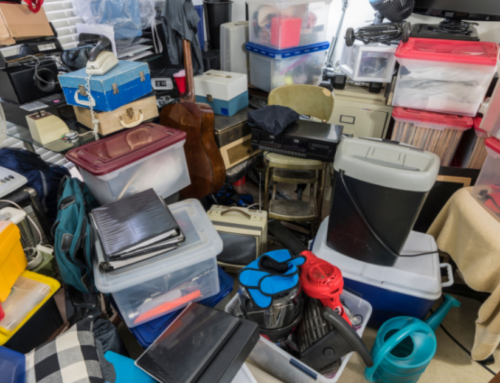Laura Wayman is the author of the award-winning, best-seller book, A Loving Approach to Dementia Care, and a frequent speaker and lecturer.
Our CEO, David Lawrence spoke with Laura about her career as a “Dementia Whisperer.”
You’ve developed a career as “The Dementia Whisperer.” That brings to mind the book The Horse Whisperer by Nicholas Evans. Is being a Dementia Whisperer anything like being a Horse Whisperer?
Yes, it is. What we have in common is the ability to make a special connection with something, or someone else. As a Dementia Whisperer, I make connections with those who are losing normal brain function and the ability to process and communicate in a normal way. But even more important, I help family and professional caregivers learn a compassionate and empathetic way of communicating and connecting with those living with dementia.
What is the biggest misconception that people have about dementia?
Dementia is the loss of ability to process information; to know where you are in time and space; and to understand what you hear and see, but people still believe it is like any other illness and that they can stop it, fix it or change it. But the truth is dementia is stubborn and unstoppable and the only thing you can do is learn to manage it. The more you try to stop it, fix it, or change it the worse it will be for the caregiver and the person with dementia. What we have to do is change the way we respond to it.
I understand that you have your own very personal connection to dementia.
Absolutely. This story is very dear to my heart and it taught me how uncontrollable, overwhelming, and negatively impactful dementia is for family caregivers. My parents shared a magical life together. They raised 5 children and 20 special needs foster children. When all the kids were finally grown, they sold the house, bought an RV and set out to live their retirement dream, traveling across the country. 15 years into their travels my father began to show symptoms of dementia. It got progressively worse, his health declined and my parents sold the RV and purchased a home where my mother could care for him. She became his full-time caregiver and even though it became increasingly unmanageable, she insisted she could do it and didn’t need her children’s help. Then one night she was home with my dad and she suffered a massive heart attack. My dad’s dementia was so advanced he did not understand it was an emergency so by the time help arrived she was gone.
I’m so sorry. Can you tell me what kind of impact this had on you?
I was already a trained gerontologist but even so, I did not recognize that she needed help. That’s when I realized how stressful caring for someone with dementia can be. In fact, studies show that elderly caregivers (aged 66-96) who experience caregiving-related stress when caring for their spouse, have a 63% higher mortality rate than non-caregivers of the same age. My mission is to reach these caregivers and save their lives by making them dementia aware and bringing them together with professionals who can help them on this journey before they literally die!
I understand that when you were younger you wanted to be an entertainer. Has that impacted your professional work? Are you still an entertainer?
I’m still an entertainer. When that spotlight comes on I shine like a gem in the desert because this is my passion. I love sharing this information, and when people in the audience start to get it, the light turns on for them and they realize they can make a difference; that all they need to do is change their care approach.
For years my go-to book on dementia has been The 36-Hour Day, published in the 1980’s. Has the way we look at dementia changed since the 1980’s?
Absolutely. In the 1980’s we believed that dementia was like any other mental health issue and that the best way to help was to bring the person with dementia back into reality. Now we know that is a totally wrong approach. It challenges their way of seeing things which makes them extremely anxious. Today we understand that the best approach is to help them be exactly where they are because that is all they can process.
It sounds like we as professionals have a ways to go to educate the public.
That is my biggest frustration because we should be so much further along than we are. This is a silent pandemic. I believe everyone needs training to become dementia aware because sooner or later we’re all going to be dealing with this. We have a ways to go but it is my mission to reach as many people as I possibly can – professionals, family caregivers and members of the community.
As someone who runs a home care agency, I’m interested to know what you think is particularly challenging for the professional caregiver including those working in home care, adult family homes, assisted living and memory care units.
Most places provide credible care and get the job done, but that should not be enough because we could be offering incredible care. It just takes time to learn a new way of speaking and connecting so we can give individualized and customized care to people with dementia and give struggling caregivers both peace of mind and access to the help they need.
*This interview has been edited and condensed





